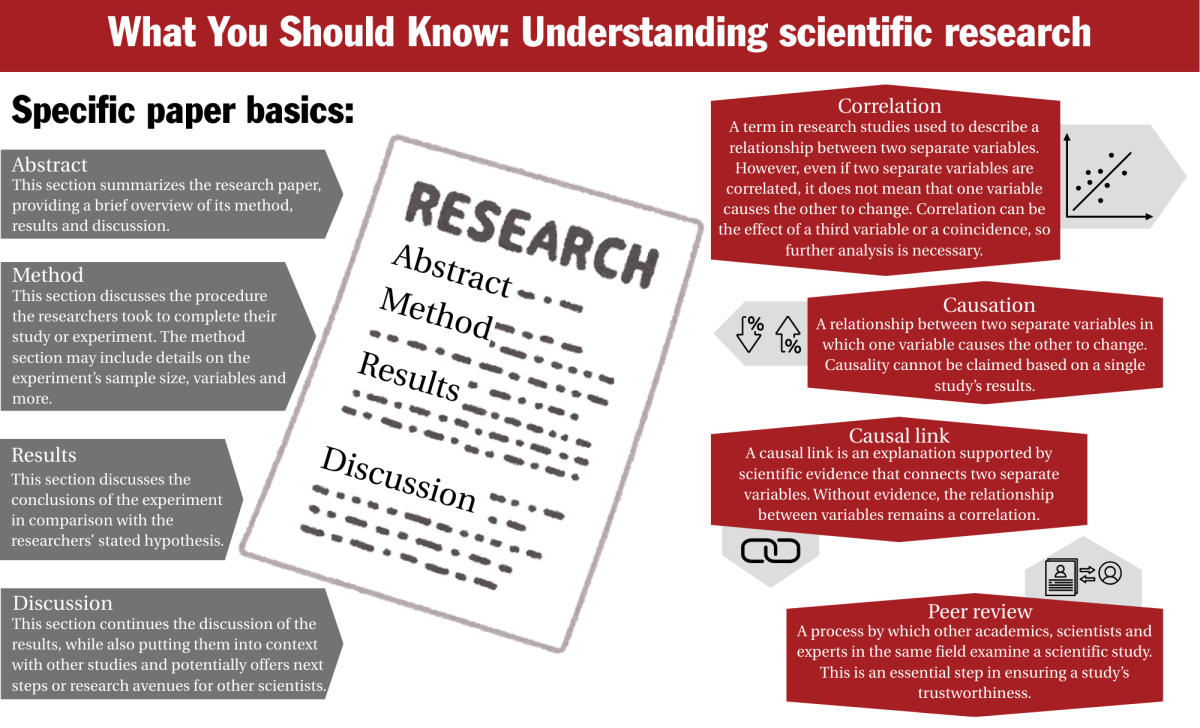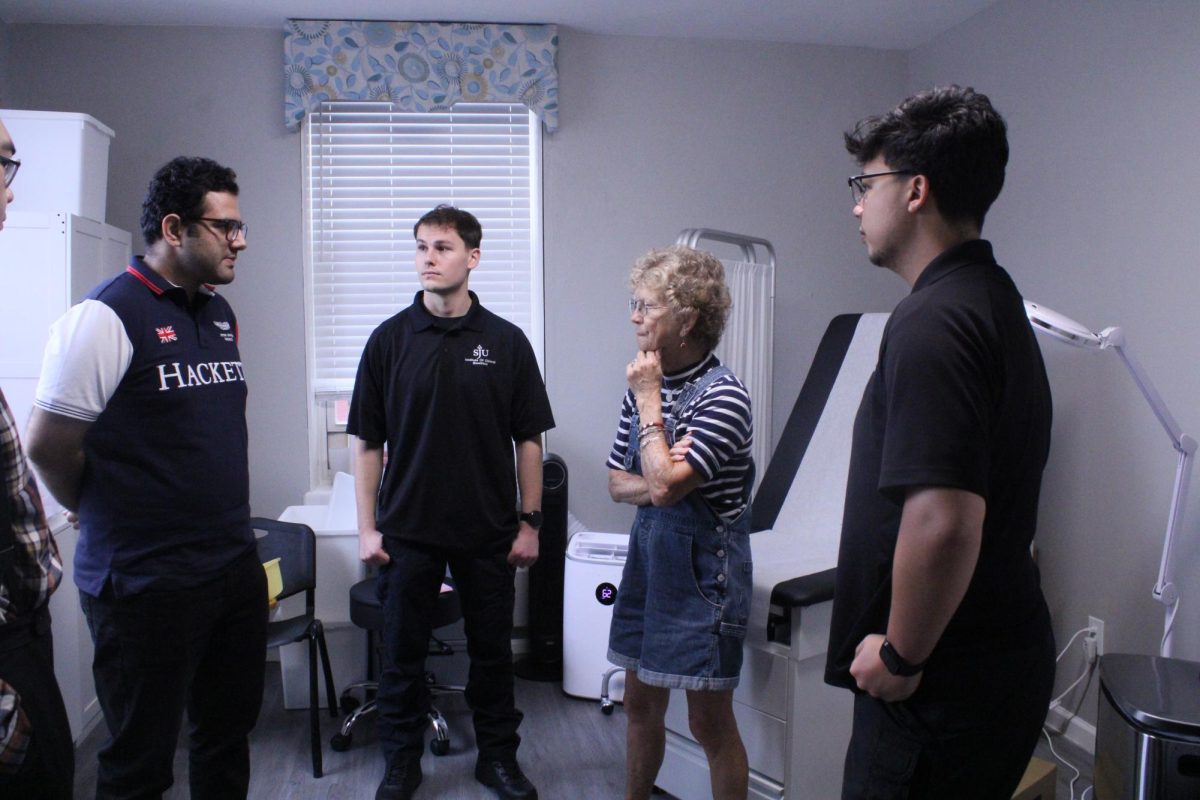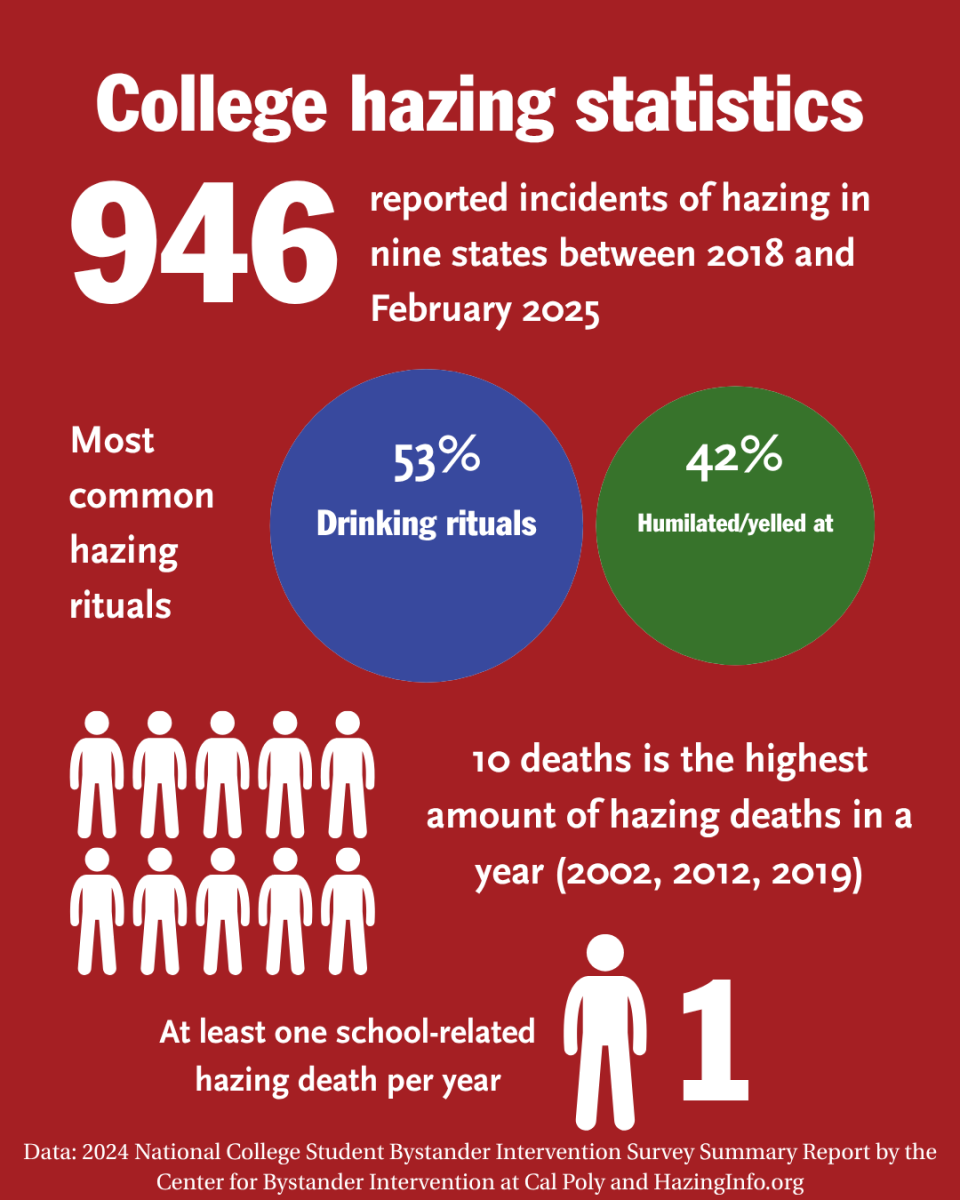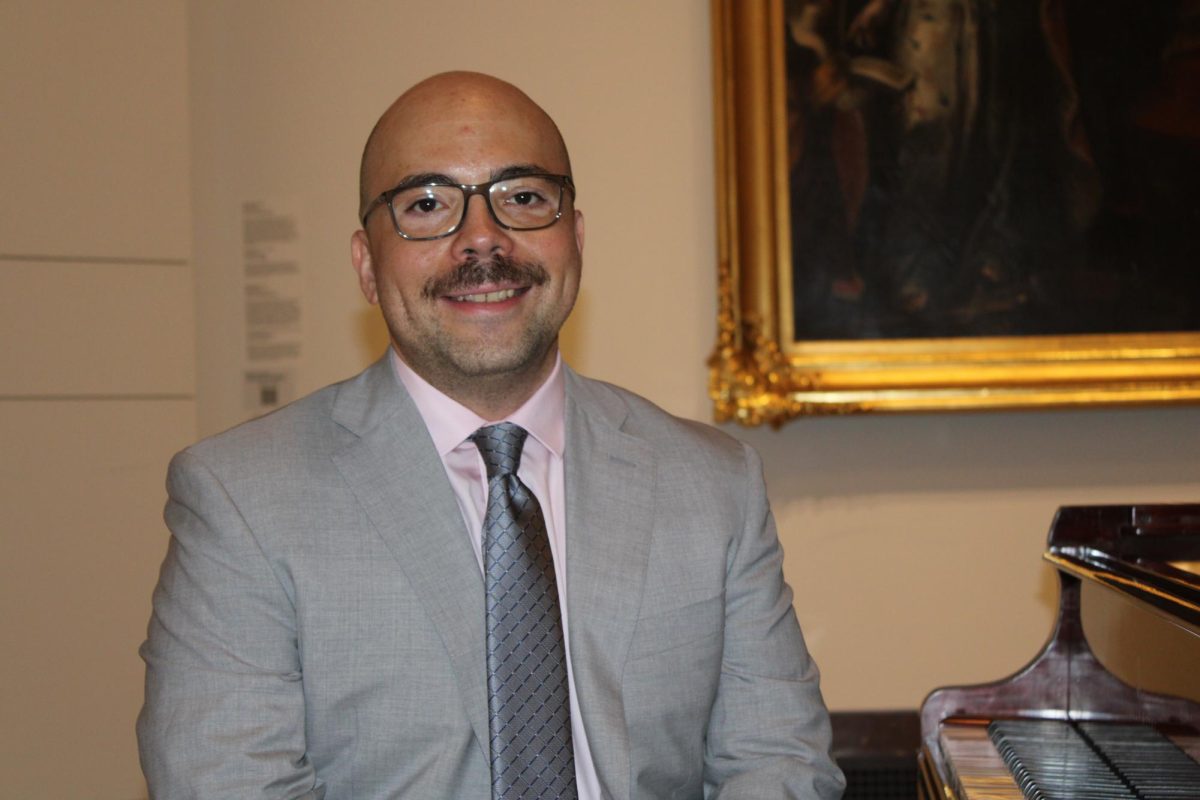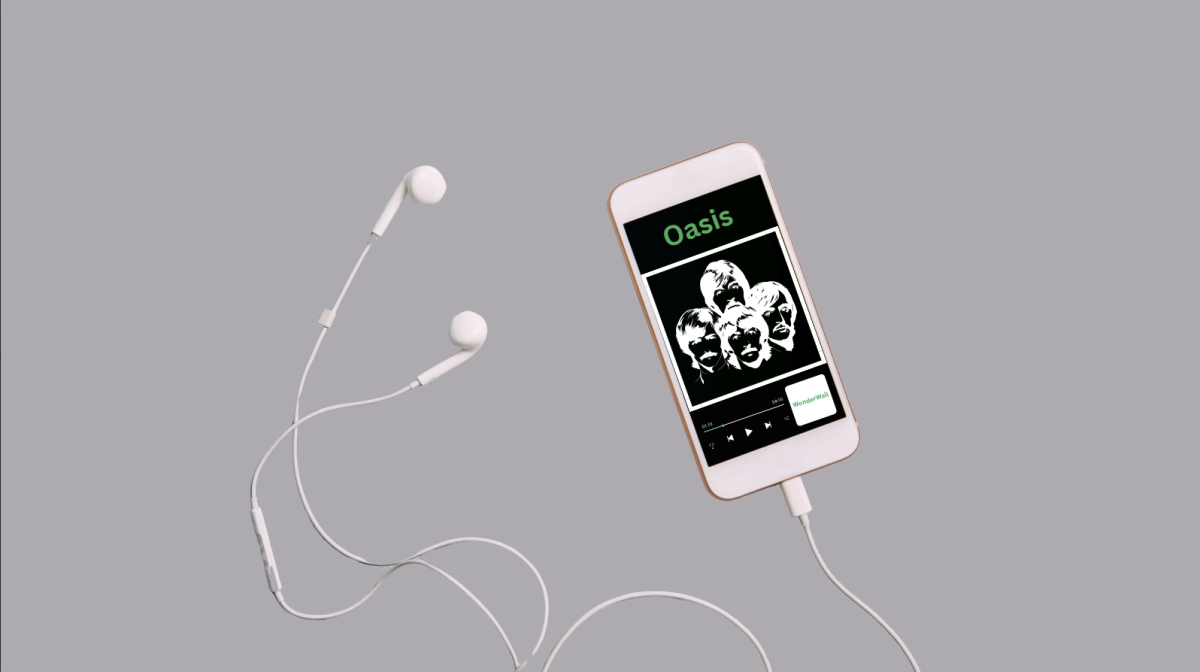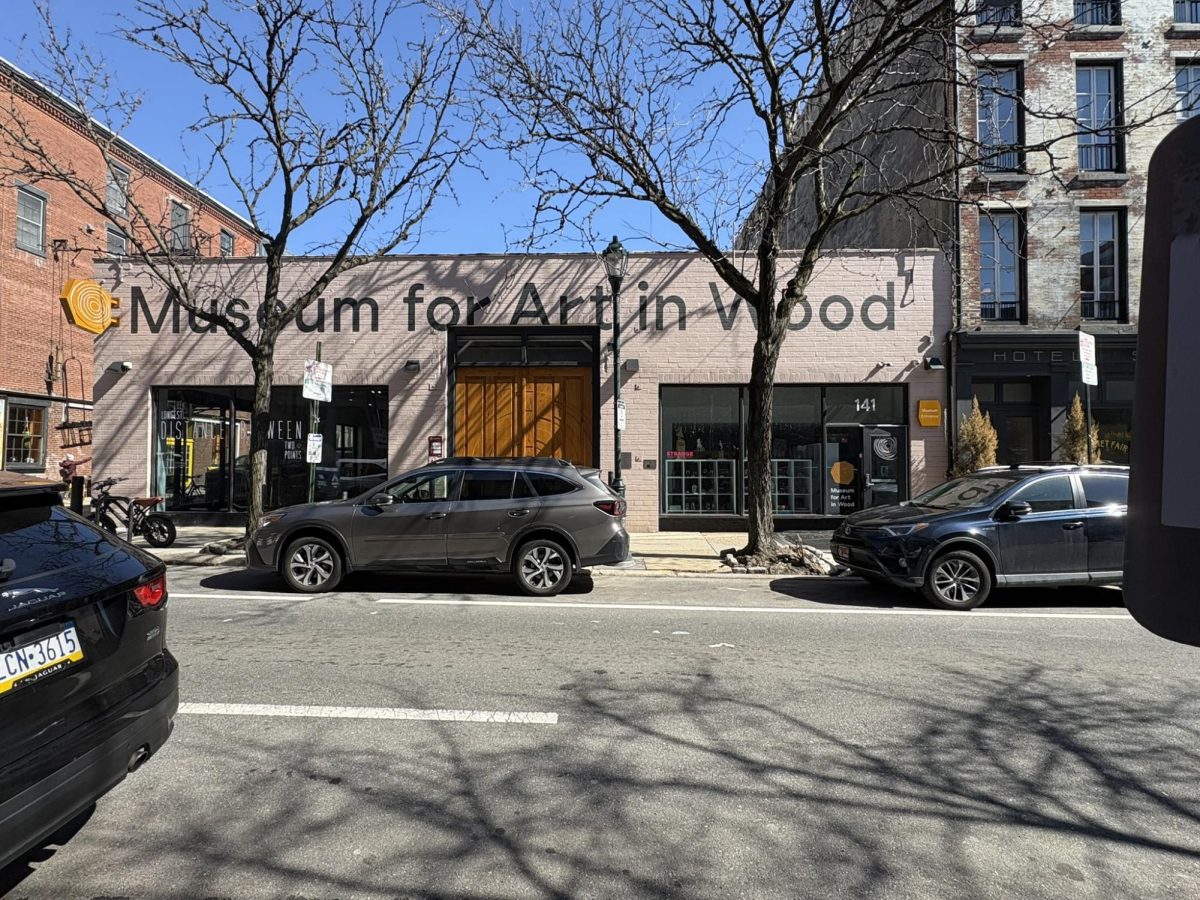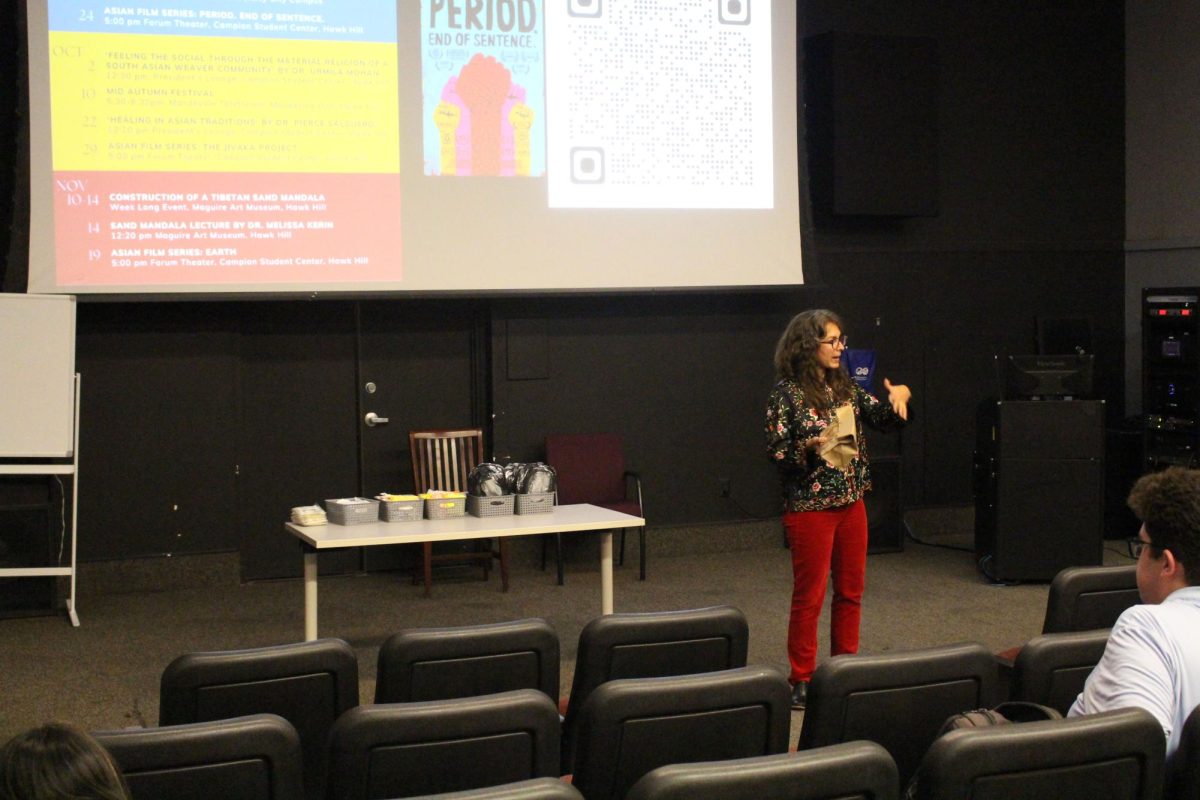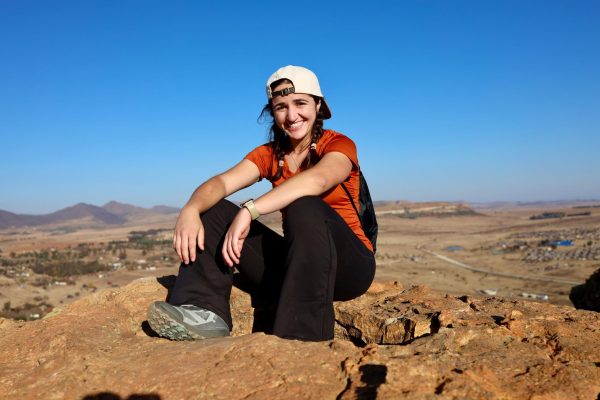It was day 18 into a month of daily mindfulness. I was running late to my 10:10 a.m. class, but I needed coffee before I tried to digest Marketing Strategy. The kettle finished and I poured the boiling water over a pile of instant coffee powder. I went to grab the mug for my first sip — and I tipped it.
Scalding hot coffee raced across my desk and splashed everywhere. Normally, I would deem the day a failure, leave without coffee and mope around in a grouchy mood. This time was different. I took a deep breath, calmly cleaned up the mess and made myself a fresh cup of coffee.
According to mindful.org, about 95% of our behavior runs on autopilot. After learning this, I had refused to let the statistic apply to me.
So for the month of March, I practiced mindfulness everyday. Mindfulness can be any activity where you are fully present in whatever it is that you are doing. I practiced yoga, conscious eating, walking and meditation.
This practice was inspired by my 11:15 a.m. Mindful Communications class, taught by Aimée Knight, Ph.D., associate professor of communication and media studies. Knight has been practicing mindfulness for eight years and debuted the class Mindful Communications this semester.
“No matter what is happening, whether it’s a pandemic, or you’re having a disagreement with someone or something tragic happens, [my students] have tools to be able to manage their mental state,” Knight said.
In the class, we learned different ways to practice mindfulness, how to implement mindfulness in your everyday life and how to cultivate mindfulness in ourselves and our communities. Knight believed the class to be beneficial for students because of the control that mindfulness allows them to have over their emotions.
Jack McCaul ’22, another student enrolled in Knight’s class, has been practicing mindfulness since sophomore year of high school when his dad introduced him to the teachings of zen Buddhist monk, Thich Nhat Khan.
McCaul said mindfulness changed his life by shifting his autopilot lifestyle to a more intentional mindset, where he could focus on the people and things he truly cared about.
“Mindfulness allowed me to really love my friends and understand why I should tell people that I love them, how to treat people and how precious life is in general,” McCaul said.
At the start of my 30 day journey, I found it hard to carve out a long chunk of time to sit on a pillow and meditate. I had put so much pressure on myself to sit through lengthy meditations, which left me feeling anxious as I constantly wondered how much time was left. It wasn’t until day 12 when I realized that even a three minute meditation can help bring me back to the present moment.
By day 18 I felt like I had full control of my emotions.
Jennifer Fisher, therapist for St. Joe’s Counseling and Psychological Services (CAPS) and organizer of the Mindful Morning meditation series on Zoom every Wednesday, was not surprised when I told her my coffee anecdote. She said students often feel rushed in the mornings and carry that rushed feeling with them throughout the day.
“Practicing mindfulness in the morning for students would be a really good skill to develop because it would help set themselves up and get into a healthy routine,” Fisher said.
I agreed, as it was at the moment I spilled my coffee when I realized the true benefits of maintaining a mindfulness practice.
I could have easily reacted negatively, allowed my emotions to take control and subconsciously ruined my entire day. However, through the awareness of my thoughts and utilizing the breathing techniques I learned in Knight’s class, I was able to pause and choose how I wanted to react.
After concluding my 30 days of daily practice, I felt that the everyday worries that cluttered my mind were cleared. My emotions were more stable, I was more observant of my surroundings and more compassionate toward my friends.
I hope to keep mindfulness a part of my daily routine, as the practice only becomes stronger with time.

